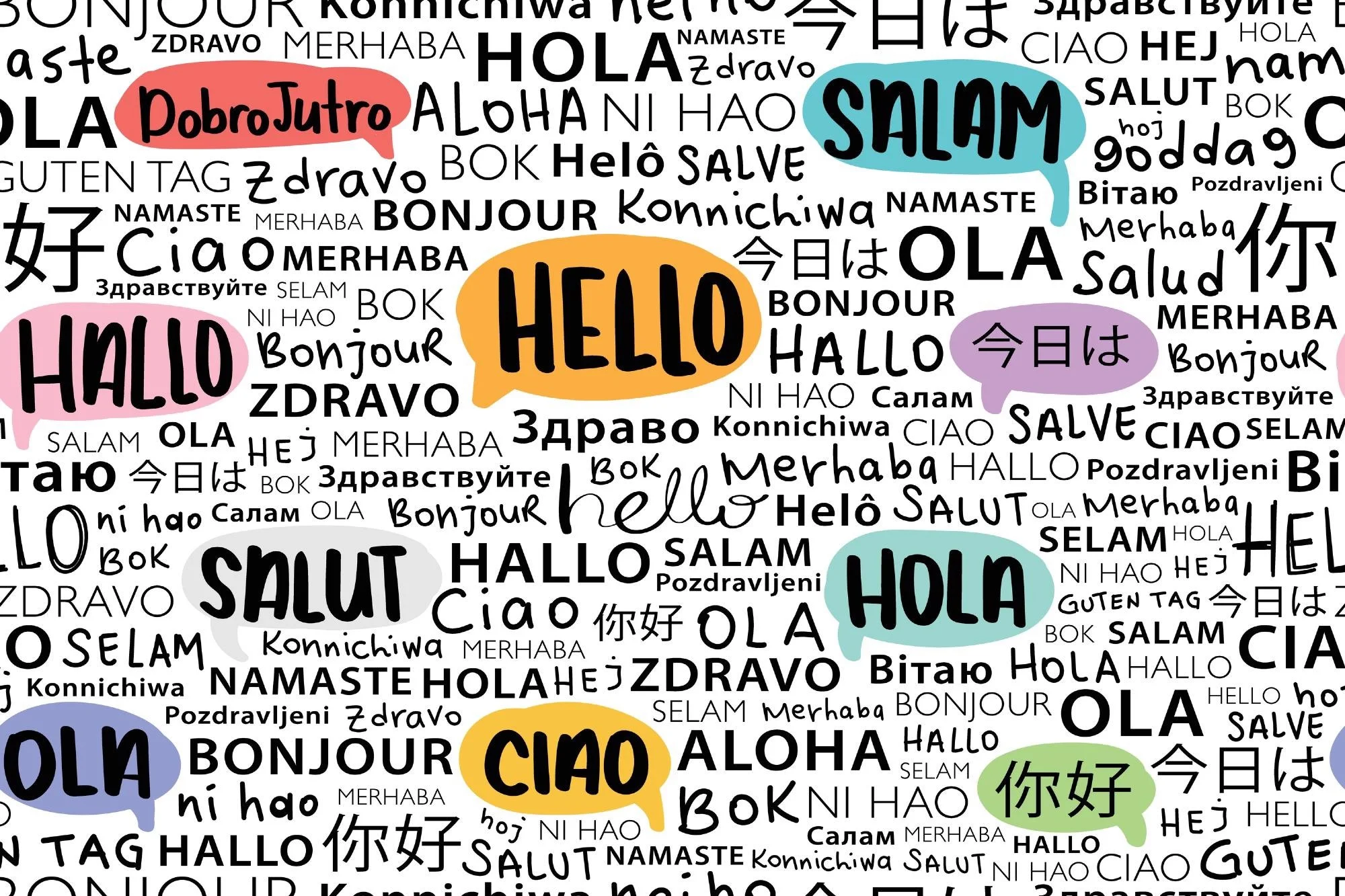How to learn a New Language and be consistent Learning it
Learning it is easy, but can you stay consistent?

How to learn a New Language and be consistent Learning it: Learning a new language is an exciting and life-changing experience that broadens perspectives, improves cognitive function, and provides access to a variety of cultures. Enoughinfo.com
Read Also: How To Be Better At Something
Learning a new language is more than just picking up new vocabulary; it’s an investigation and absorption into the subtleties of communication that bridge linguistic divides. the question is, do you can you be consistent learning it? Lets find out.
The Cornerstone of Consistency
Language acquisition relies on consistency. Regular, if brief, practise sessions outperform infrequent, intense study periods. A daily commitment, no matter how little, establishes a pattern that promotes learning and avoids the deterioration of learned abilities.

How to learn a New Language and be consistent Learning it
1. Acknowledging the Motivation
It’s important to explain the reasons for learning a language before diving into its technicalities. A well-defined set of objectives serves as a guide for language learners, regardless of their motivations, which may include expanding professional prospects, enabling travel, or fostering relationships with native speakers.
Read Also: How To Find Motivation To Achieve Your Goal
2. Set up a good foundation
As with laying a building’s cornerstone, the first step is to provide a strong foundation. This entails choosing the language, learning about its cultural background, and becoming familiar with its grammatical structure. It’s critical to approach this phase with an open mind and a readiness to learn the principles.
3. Developing a Strategy
Structure aids in the learning of languages. Creating a study timetable that works with everyday schedules, defining realistic goals, and choosing a variety of learning tools are all part of creating a strategic plan. To provide a comprehensive and interesting learning experience, this might include interactive multimedia material, language applications, online courses, and textbooks.
Read Aslo: How To Start A Successful Online Course
4. Incorporating the Immersion Method
Immersion is essential to internalising a language completely. Change the language on your gadgets, make the language part of your everyday routine, and look for real cultural information to help you become fully immersed in the language. This develops a natural grasp of language subtleties in addition to expanding vocabulary.

5. Cultivating a Growth Mindset
Adopting a development mentality is crucial while dealing with obstacles. Learning a language entails a range of challenges, from figuring out new phonetics to negotiating intricate grammatical structures. When we see these obstacles as chances for development rather than as barriers, we become more resilient and persistent.
Read Also: How To Develop A Growth Mindset(The Ultimate Guide)
6. Diversifying acquisition Modalities
Language acquisition is a multifaceted endeavour, and using a variety of learning modalities enables a thorough understanding of the language. Reading, writing, listening, and speaking should all be practised in unison to develop a well-rounded language competence.

7. Making Use of Community and Technology
The learning process may be improved by making use of technology tools like online materials and applications for language acquisition. Additionally, participating in local or virtual language groups offers access to a network of native speakers and other learners who may provide advice, encouragement, and insightful commentary.
Read Also: The Impact of Assistive Technology on Hearing and Speech Impairments
8. Honouring Significant Occasions and Examining Advancements
As one advances in their language acquisition, it is crucial to recognise and acknowledge accomplishments, regardless of the size. In addition to raising spirits, reflecting on one’s progress offers insightful information on efficient learning techniques that facilitate ongoing approach improvement.
Conclusion
To put it simply, acquiring a new language is an exciting and rewarding journey that integrates language skills, cultural awareness, and personal development. It is a voyage that goes beyond the boundaries of language and grammar and explores areas of appreciation, connection, and the common human experience. Thus, set off on this linguistic journey with curiosity serving as your guide and determination as your compass, and watch as the beauty of a new language unfolds before you.
FAQs & Answers
1. There are a lot of languages and i’m confused, How do I choose the right language I should learn?
Your particular objectives and interests will determine which new language you choose to learn. Take into account things like your travel schedule, your professional goals, or your interest in a specific culture. Select language that is consistent with your goals to maintain your interest and dedication.
2. Which techniques work well for memorization of vocabulary?
Practise using language-learning applications, make use of flashcards, and add new words to tales or phrases. Repetition, association strategies, and mnemonic devices are effective memorization approaches. It’s important to expose terminology to various situations on a regular basis.
3. Do I require formal lessons to learn a language, or can I study it on my own?
Both strategies have merit. For people with hectic schedules, self-study using language learning applications and internet resources may be quite beneficial. On the other hand, formal instruction and tutoring provide an organised learning environment, constructive criticism, and assistance.
4. How do I get beyond difficulties in my language learning?
Breakdowns are frequent. To overcome them, switch up your study schedule, look for difficult reading, make new objectives, and reevaluate your teaching strategies. Remain tenacious and accept the plateau as a normal part of the learning process.
